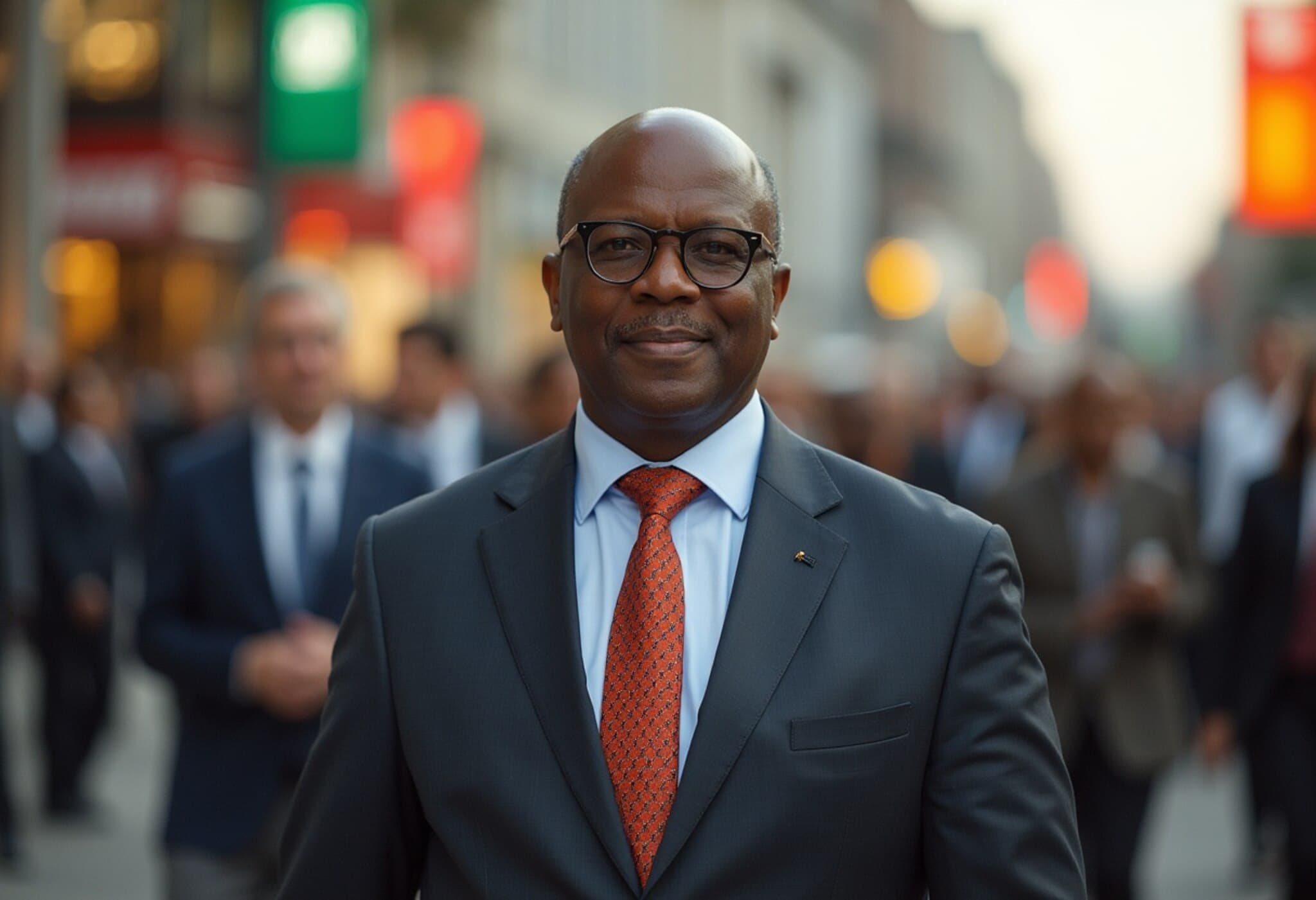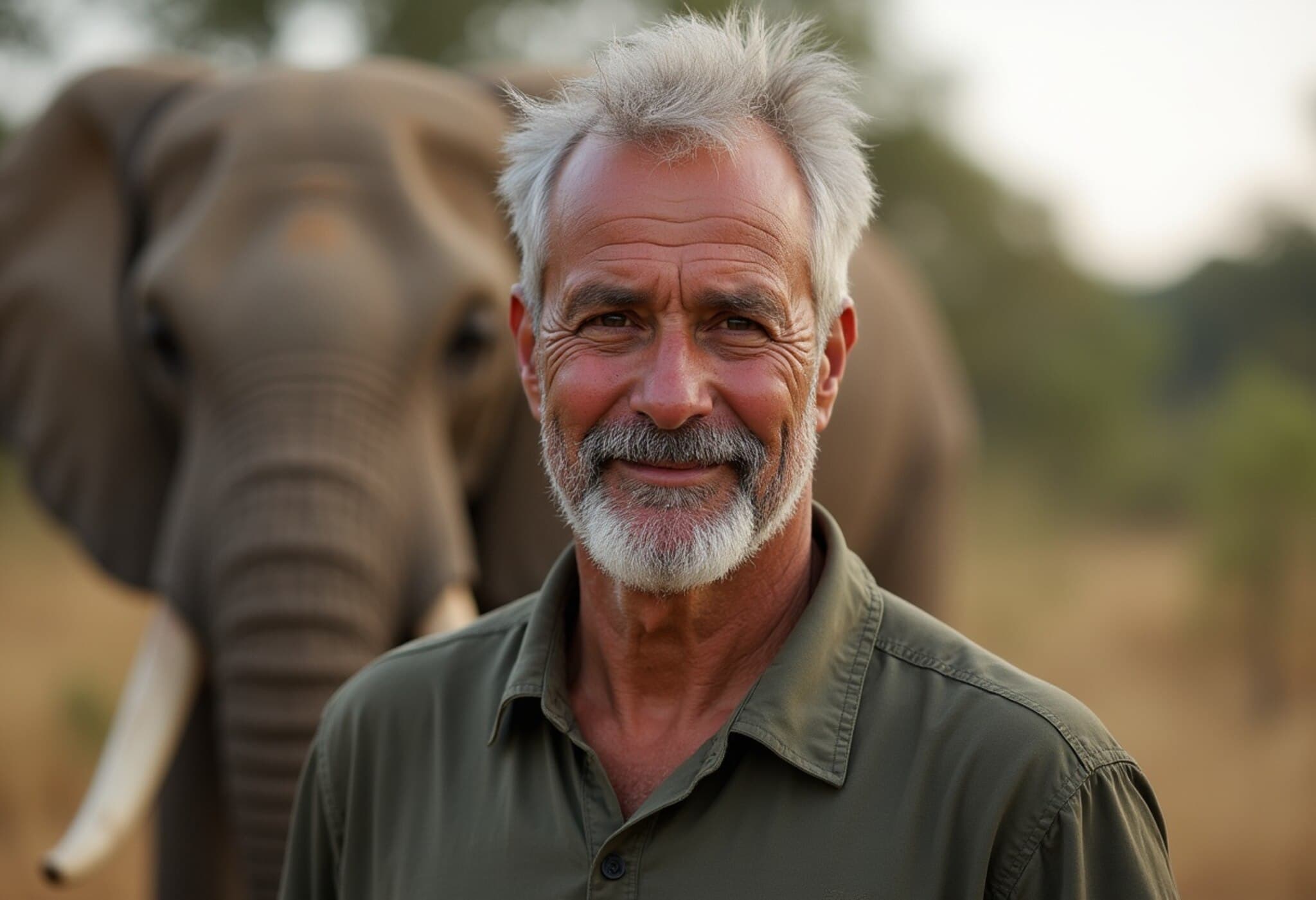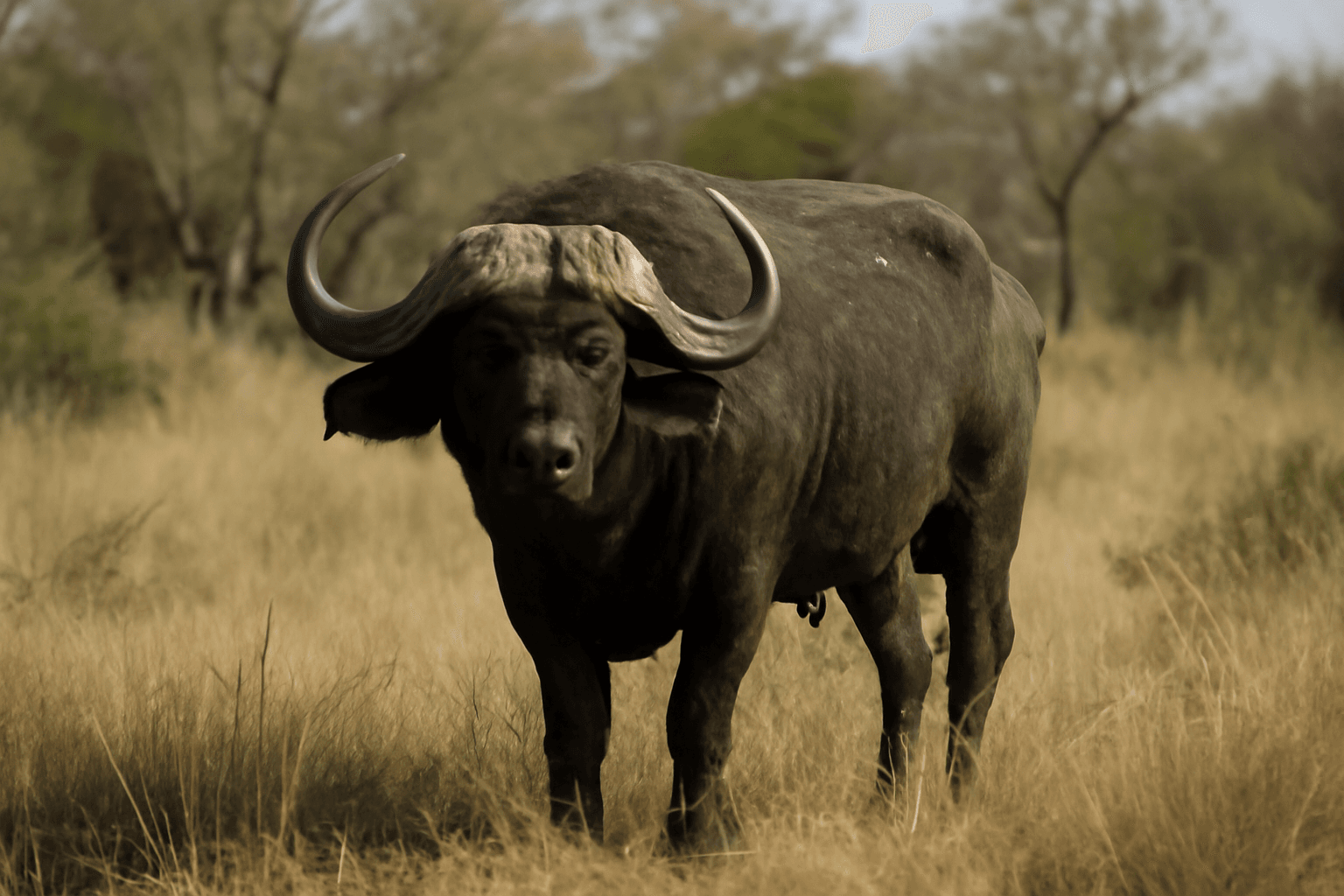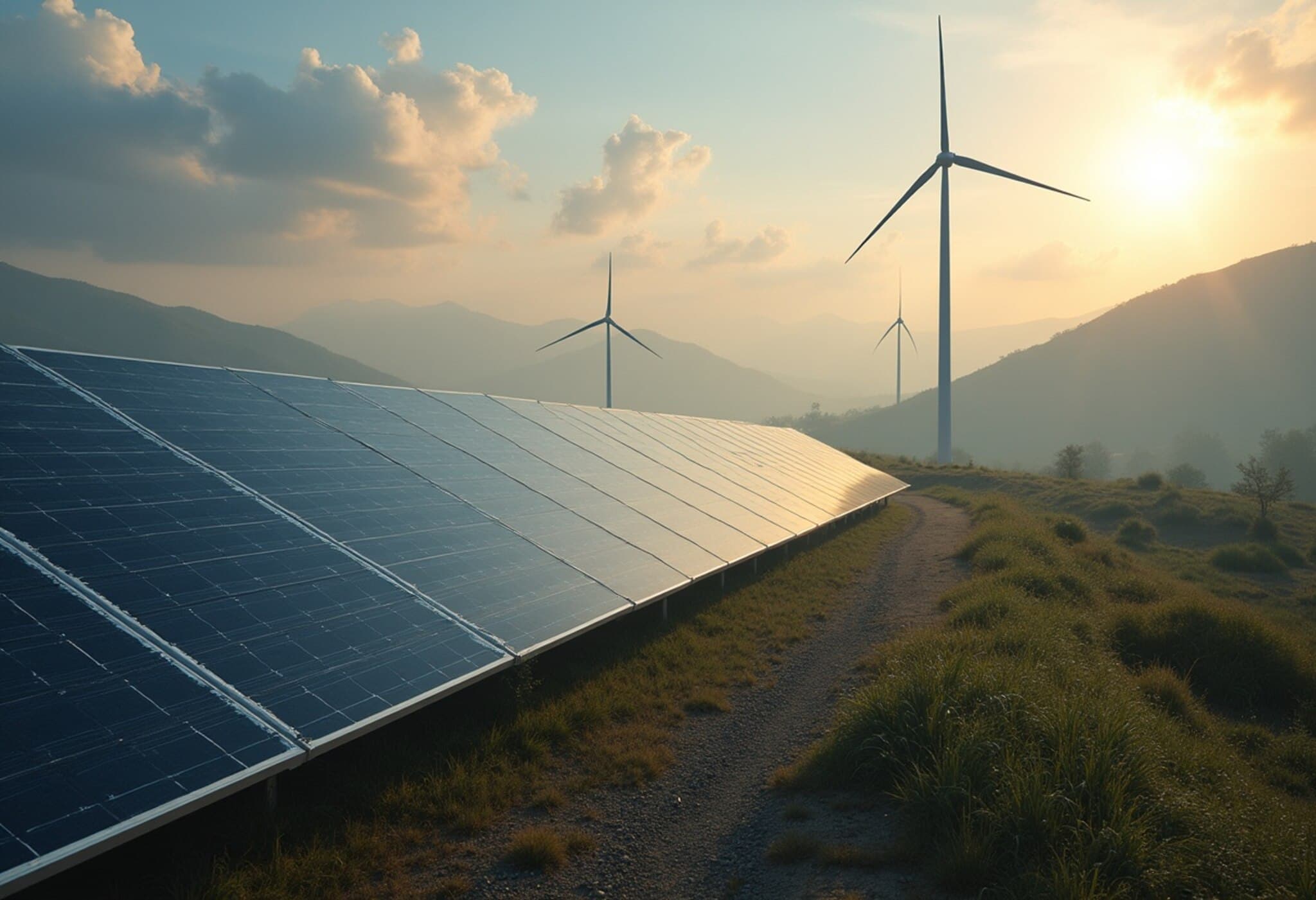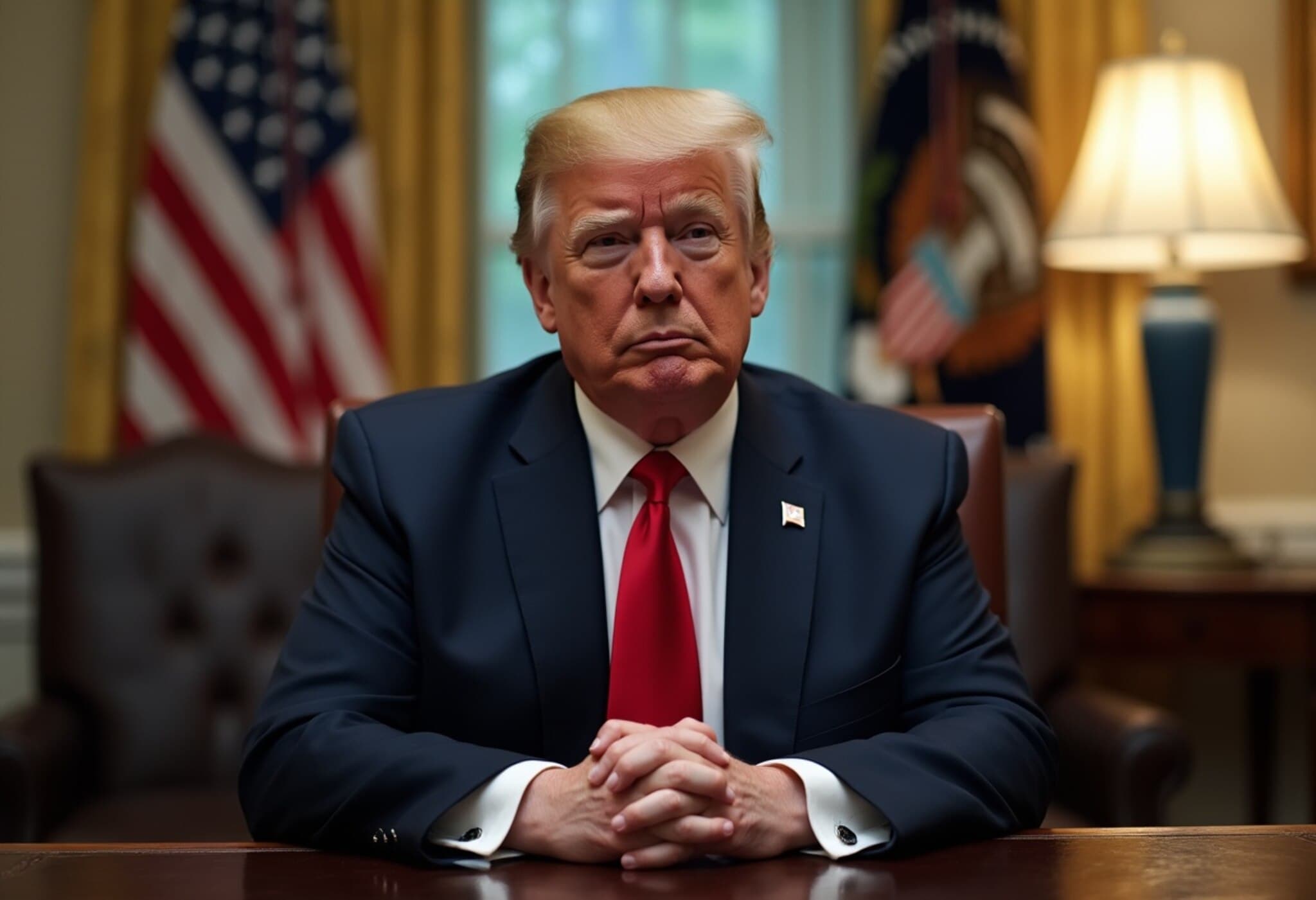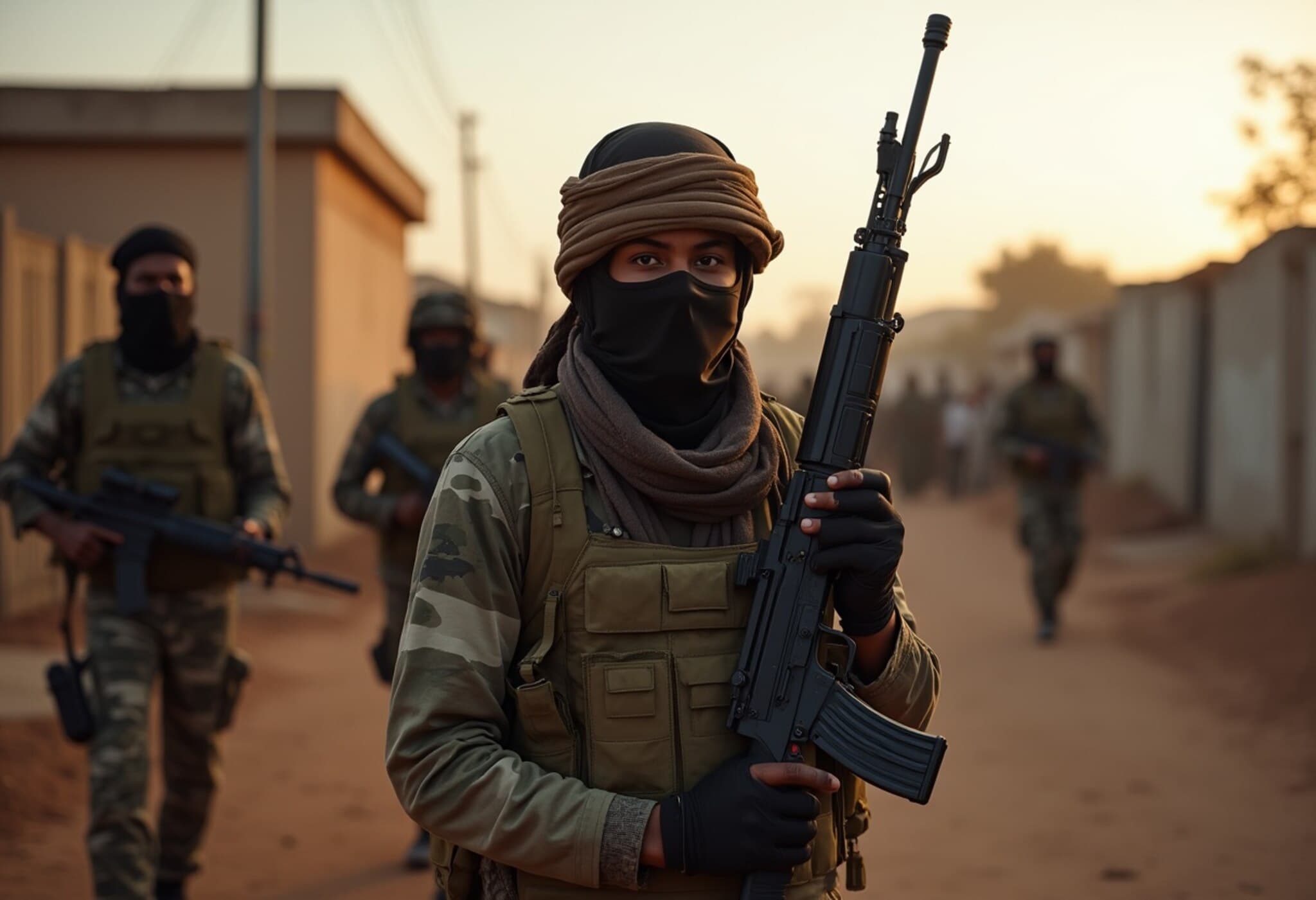G20 Finance Ministers Convene in Durban Amid Global Economic Tensions
Starting July 17, 2025, finance ministers and central bank deputies from the G20 nations will gather in Durban, South Africa, to navigate an increasingly complex economic landscape marked by mounting debt crises, trade frictions, and urgent climate imperatives. Hosting the event for the first time, South Africa’s presidency aims to spotlight Africa’s distinctive economic challenges while striving for global cooperation at a time when geopolitical uncertainty and protectionist policies pose substantial hurdles.
Debt Stress: Africa’s Pressing Challenge
The International Monetary Fund (IMF) has sounded alarms over the severe debt distress threatening nearly two dozen African countries. With limited fiscal space, debt servicing currently consumes resources that could otherwise support education, healthcare, and infrastructure development—key determinants of sustainable growth.
Since its launch in 2020, the G20’s Common Framework has sought to simplify and accelerate debt restructuring for distressed countries. However, progress remains sluggish, prompting President Cyril Ramaphosa’s administration to establish the Africa Expert Panel, mandated to energize and refine these efforts.
Trevor Manuel, chair of the panel, emphasized the importance of inclusivity in debt relief, suggesting reforms to extend the framework’s benefits beyond low-income to include middle-income countries grappling with financial instability. This inclusive approach recognizes the nuanced financial vulnerabilities across Africa’s diverse economies.
Development Finance in a Shifting Global Landscape
Traditional development aid is shrinking as developed nations redirect budgets towards defense amid escalating geopolitical risks. Consequently, multilateral development banks (MDBs), crucial financing engines for developing countries, are under growing pressure to fill this gap. South Africa advocates for reinventing these institutions to better serve emerging economies and extend favorable financing solutions.
Amid Washington’s potential retrenchment from key multilateral organizations, questions loom over the future of global development finance. Speculation about China stepping in as a primary lender persists; however, cautious recent lending trends—evidenced by a sharp decline in Chinese financing to Africa resulting in an $80 billion shortfall—complicate this narrative.
Energy Transition and Climate Finance: A Test of Global Commitment
One of South Africa’s flagship initiatives under its G20 presidency is advocating for the Just Energy Transition Partnership (JETP), established in 2021. The JETP aims to mobilize funds from governments, international lenders, and private investors to help coal-dependent developing countries transition to renewable energy sources, ensuring that the transition benefits local communities socially and economically.
However, the Trump administration’s withdrawal from JETP and the U.S. stepping back from broader climate commitments have stalled momentum. The G20’s financial stability board recently put a hold on further climate-related policy work, reflecting the challenges of securing unified action when key players retreat.
South Africa underscores climate finance as critical, especially funding to mitigate and manage climate-related disasters disproportionately impacting the Global South—an area often marginalized in global discussions.
Trade Tensions Amplify Amid Tariff Threats
Trade remains at the heart of the Durban discussions, complicated by the reverberations of tariffs introduced by the Trump administration. Threatened levies on US neighbors such as Canada and Mexico, as well as key G20 members including China, India, Russia, Brazil, and host South Africa, have unsettled global supply chains and economic relations.
Adding strain to the talks, US Treasury Secretary Scott Bessent has opted out of attending, a move some analysts interpret as indicative of Washington’s ambivalence toward multilateral engagement at this juncture.
Expectations for a Unified G20 Communiqué
Duncan Pieterse, South Africa’s Director General of Treasury, expressed hope that this meeting will culminate in a consensual communiqué reflecting collective commitments. Achieving this would mark a landmark given the last joint G20 communiqué was issued over a year ago, in July 2024, illustrating the challenging diplomatic environment.
Expert Insights and Broader Context
South Africa’s stewardship of the G20 in 2025 serves as a litmus test for whether the world’s major economies can realign toward collaborative solutions amid rising nationalism and economic fragmentation. The intersection of debt crises, climate vulnerability, and shifting global power structures offers a rare vantage point to reassess traditional economic governance frameworks.
Moreover, the nuanced dynamics of African economies—often portrayed monolithically—come into sharper relief during this meeting, inviting a more calibrated global economic response sensitive to diverse developmental stages and fiscal realities.
With global inflation pressures, monetary tightening, and geopolitical uncertainties, Durban’s outcomes could influence everything from commodity markets to foreign direct investments in emerging markets.
Looking Ahead: What’s at Stake?
- Debt relief reforms could unlock long-stagnant growth prospects for vulnerable African nations.
- Redefinition of development finance might alter the geopolitical landscape of aid and investment.
- Climate finance commitments will test the sincerity of advanced economies’ pledges versus retreating global leadership.
- Trade policy coherence remains crucial to stabilizing the interconnected global economy.
Editor's Note
The Durban G20 meeting is more than a diplomatic ritual; it is a crossroads where global priorities will be negotiated amidst growing economic uncertainty and widening inequality. The challenge lies not only in agreeing on communiqués but in translating rhetoric into actionable policies that address the multisectoral crises confronting the Global South. As global power dynamics shift, watching how G20’s major players engage—or disengage—offers critical insights into the future of multilateral cooperation and equitable global growth.

